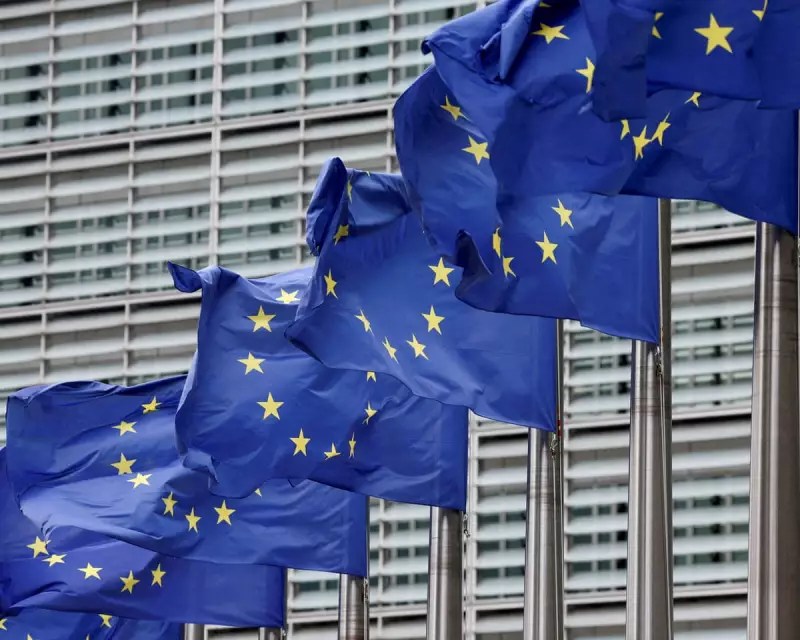
The European Union is preparing to unleash a powerful new arsenal of tools designed to catapult the bloc into a new era of global influence and economic might. In a bold move that could redefine Europe's position on the world stage, Brussels has unveiled plans to dramatically enhance its operational effectiveness.
A New Framework for Global Leadership
At the heart of this transformation lies a comprehensive strategy to streamline the EU's often-cumbersome decision-making processes. The proposed measures aim to eliminate bureaucratic bottlenecks that have historically hampered the Union's ability to respond swiftly to global challenges and opportunities.
The initiative represents a significant shift towards what officials are calling "strategic autonomy" - reducing Europe's dependence on external powers while strengthening its capacity for independent action across multiple domains.
Key Components of the EU Power-Up Strategy
- Accelerated Decision-Making: Reforms to cut through red tape and enable faster responses to emerging crises
- Enhanced Coordination: Improved mechanisms for member state collaboration on critical issues
- Resource Optimisation: Smarter deployment of EU funds and capabilities towards strategic priorities
- Global Positioning: Strengthening Europe's voice in international forums and negotiations
Competing in a New Geopolitical Landscape
This power-up initiative comes as the EU faces increasing pressure from both established and emerging global powers. The strategy explicitly addresses the need for Europe to assert itself more confidently in areas ranging from trade and technology to security and environmental standards.
One senior EU figure described the approach as "making the machinery of Europe fit for purpose in an increasingly competitive and unpredictable world." The reforms are designed to ensure the bloc can protect its interests while advancing its values on the global stage.
What This Means for European Citizens
Beyond the geopolitical implications, these changes promise tangible benefits for businesses and citizens across member states. A more agile EU could mean:
- Quicker responses to economic crises and market disruptions
- More effective coordination on cross-border challenges like climate change and migration
- Stronger European standards that better reflect local values and priorities
- Enhanced protection for European industries and workers
The success of this ambitious undertaking will depend heavily on securing buy-in from all member states, each with their own perspectives on the appropriate balance between national sovereignty and European integration.
As one Brussels insider noted, "This isn't just about making the EU work better - it's about ensuring Europe remains relevant and influential in a world that's changing faster than ever before."





